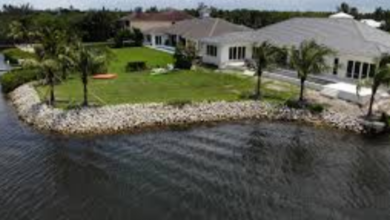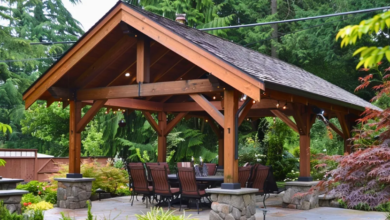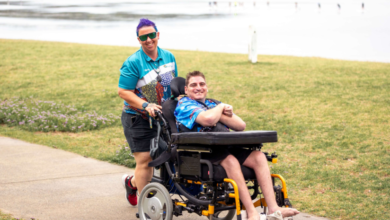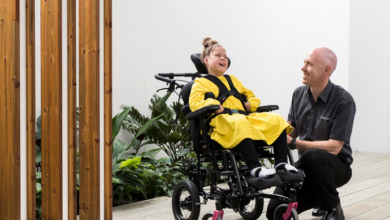A Practical Guide To Funeral Services
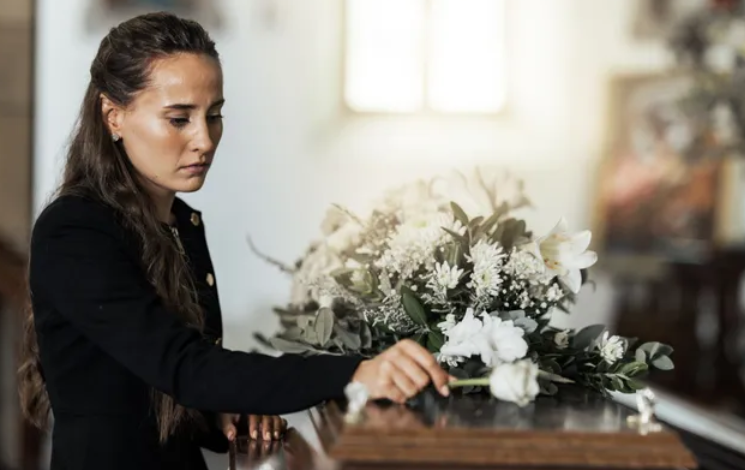
When families in the Top End need to organize a farewell, they’re often juggling grief with practical decisions. This guide walks through funeral services Darwin, what to expect, how to plan, and where local customs and climate come into play, so they can make calm, confident choices that honor their person and culture.
Understanding Funeral Services In Darwin
Darwin holds a distinctive place in Australia’s north: tropical weather, strong multicultural roots, and deep First Nations traditions. Those factors shape how funeral services in Darwin are planned and experienced.
Respecting First Nations Protocols
Many families in the region observe Sorry Business and other cultural practices that guide timing, language, and imagery. It’s common, for example, to avoid using a person’s name or image after their passing unless the family has given permission. Elders and cultural advisors, such as the Larrakia Nation Aboriginal Corporation on Larrakia Country, can offer guidance on protocols, smoking ceremonies, or Country-specific requests. Local funeral directors are accustomed to working within these traditions and can help coordinate approvals for ceremonies on Country.
Climate And Timing Considerations
The Top End’s climate matters. During the Wet (roughly November to April), afternoon storms and high humidity can affect outdoor services and graveside gatherings. Morning or late-afternoon ceremonies are more comfortable, and shade, water stations, and fans become practical essentials. The Dry season opens more options for outdoor venues and memorials. For families spread across remote communities, travel disruptions during the Wet may prompt livestreaming or a later memorial when more people can safely attend.
Service Types And Venue Options
Darwin’s funeral options range from traditional to modern, with flexibility to reflect faith, culture, and budget.
Burial, Cremation, And Memorial-Only
- Burial: Families often choose burial for cultural or religious reasons. Darwin’s primary cemetery and crematorium facilities, such as Thorak Regional Cemetery, offer lawn burials and various sections. Transport to regional cemeteries is possible, but it can add time and cost.
- Cremation: Typically more affordable and flexible with timing. Ashes can be kept, interred, or scattered. Always seek permission for public land or culturally significant areas.
- Memorial-only: When immediate burial or cremation occurs (or when travel is tricky), a memorial service later allows a larger circle to gather. This is common when coordinating across the NT’s long distances.
Religious, Cultural, And Secular Ceremonies
Darwin’s diversity shows up in its services: Catholic masses, Anglican liturgies, Islamic funerals with swift burial, Buddhist rites, as well as secular celebrations of life. Many families weave elements together, readings in multiple languages, a smoking ceremony, Country acknowledgments, or music that spans traditions. Venues include churches and temples, the cemetery chapel, community halls, RSLs, and shaded outdoor locations during the Dry.
How To Plan, Step By Step
A clear sequence helps reduce stress at a difficult time.
Immediate Tasks
- Confirm death and obtain the Medical Certificate of Cause of Death from a doctor (or the hospital). In sudden or unexpected deaths, the NT Coroner may be involved first.
- Contact a local funeral director. They’ll arrange transfer to a mortuary, guide paperwork, and outline options.
- Check for any prepaid funeral plans, funeral bonds, or wishes left in a will.
- Notify close family members and any faith leaders or cultural representatives.
- Discuss date, venue, and service style, keeping climate and travel in mind. Ask about livestreaming for remote relatives.
Personalizing The Service
Personal touches turn funeral services in Darwin into meaningful tributes:
- Storytelling: Invite a family member to share a short “life snapshot.”
- Music: From hymns to a favorite Territory artist, keep it true to them.
- Symbols of place: Native flowers, pandanus weaving, a photo display of fishing trips, service in the Defense Force, or time on Country.
- Rituals: Smoking ceremony, guard of honor, flag protocols for veterans, candle-lighting, or a memory table.
- Keepsakes: Seed packets, small shells, or printed recipe cards from their signature dish.
See also: A Complete Guide to Rock Revetment Installation in West Palm Beach
Costs, Packages, And Financial Help
Prices vary based on choices, logistics, and timing. Asking for an itemized quote helps families compare apples with apples.
Price Factors In The NT
- Service type: Cremation is generally less expensive than burial.
- Venue and facilities: Chapel hire, AV/livestreaming, marquee or shade hire, and catering.
- Logistics: Long-distance transfers, regional travel, or repatriation add costs.
- Timing and season: Short-notice bookings or Wet-season weather contingencies may affect availability and setup.
- Personalization: Custom flowers, printed materials, musicians, and cultural elements.
As a rough guide, simple cremation packages may start in the lower thousands, while full-service funerals with viewing, procession, and catering can range higher. In regional NT, travel and accommodation for staff can be a notable line item.
Ways To Reduce Costs
- Choose a weekday morning slot and a shorter venue hire.
- Opt for cremation with a later memorial.
- Use community spaces for gatherings and contribute home-cooked food.
- Keep flowers modest: use local greenery and a single feature arrangement.
- Ask for a transparent, itemized estimate and remove non-essentials.
- Check for concessions: Centrelink bereavement payments, Department of Veterans’ Affairs support for eligible veterans, releases from superannuation, life insurance claims, and community assistance funds. Some councils and charities may help in hardship cases.
NT Legal And Administrative Essentials
Paperwork is straightforward with a local director guiding the process:
- Medical Certificate and registration: The funeral director typically lodges documentation with NT Births, Deaths and Marriages so a death can be registered and a death certificate issued.
- Coroner involvement: If the death was sudden, accidental, or unexpected, the NT Coroner may require an examination before release. This can affect timing.
- Permits: Cremation requires specific authorizations. Transporting remains interstate or to remote communities may need coordination and cooling logistics.
- Ashes: Scattering is usually permitted with the landholder’s consent: always seek guidance for culturally sensitive areas and waterways, and consult Traditional Owners where appropriate.
- Estates: The death certificate enables will execution, super claims, and insurance processing.
Aftercare And Preplanning
Support doesn’t end at the service. Many Darwin providers offer aftercare, check-ins, grief resources, and referrals. Helpful contacts include local counselors, community health services, Lifeline (13 11 14), and Beyond Blue. Some families hold a one-month or anniversary gathering, especially when Sorry Business spans time and place.
Preplanning takes pressure off loved ones. Options include documenting wishes (burial vs cremation, music, cultural protocols), setting aside funds via a funeral bond, or arranging a prepaid funeral with a Darwin-based provider. Even noting preferred pallbearers or readers can be a gift to the family later.
Conclusion
Funeral services Darwin work best when they reflect the person, respect the Country, and adapt to the Top End’s rhythms. With the right guidance, cultural, practical, and financial, families can create a warm, grounded farewell that feels true. And if planning is on the table, a few conversations now can make all the difference when the time comes.

